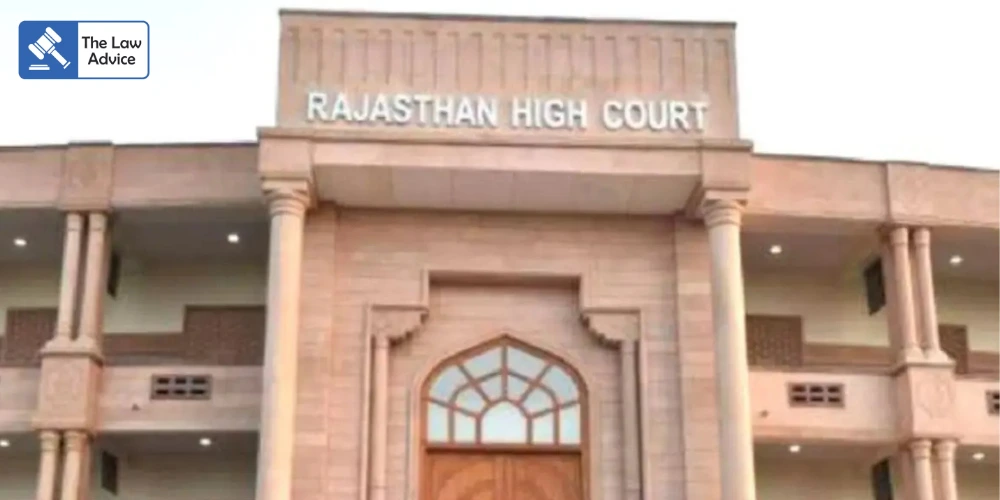
The Rajasthan High Court has ruled that an employee who is detained in judicial custody on criminal charges unrelated to the discharge of official duties, and who is later acquitted, cannot be denied wages for the period of detention. The Court observed that penalising such an employee by withholding salary would amount to imposing an inequitable financial burden, despite the employee being exonerated of all charges.
Justice Anand Sharma, while allowing the petition filed by a police constable, emphasised that an employee cannot be treated more harshly than one who remained under suspension while on bail. “The broad and salutary principle is that where an employee is detained in custody on criminal charges not attributable to the employee’s misconduct in the discharge of official duties and is subsequently acquitted, the employee cannot be made to suffer an avoidable punitive financial burden. Inequity results where an employee, who remained out of duty on account of detention (and not by his own volition), is treated more harshly than an employee who remained under suspension while on bail,” the Court said.
The petitioner, Harbajan Singh, was working as a constable when he was booked in a criminal case and sent to judicial custody. Consequent to his arrest, he was placed under suspension, and a departmental inquiry was also initiated. Following trial, Singh was acquitted of all charges, and subsequently, his suspension was revoked. Later, the disciplinary authority also formally exonerated him from departmental proceedings.
However, in the operative order issued by the disciplinary authority, a contradiction appeared: while one part of the order held that Singh was entitled to full pay and allowances for the suspension period, another clause directed that the period of judicial custody be treated as “absence from duty” and converted into leave without pay. This anomaly prompted Singh to approach the High Court.
After examining the submissions, the High Court referred to the Supreme Court ruling in Raj Narain v. Union of India & Others, where it was held that in cases where an employee is acquitted, he is entitled to back wages from the date of acquittal till reinstatement.
The Court also cited the Allahabad High Court’s decision in Abhaya Chandra Mishra v. State of U.P., which drew a distinction between two categories of under-trials: one who remains on bail and suspended (but is still available for work), and another who is in actual detention and unable to discharge duties. In the latter situation, the Court had ruled that if the employee is eventually acquitted, applying the principle of “no work, no pay” would be unfair and inequitable.
Justice Sharma noted that the disciplinary authority’s order was internally inconsistent and therefore legally unsustainable. “It is settled law that when an authority records such a concession or direction, the same cannot be surreptitiously negated by an inconsistent concluding clause in the same operative order… The canon of reasoned decision-making prohibits the Authority from awarding a benefit and in the very next breath withdrawing it without any reasoned or recorded justification. This Court cannot countenance an order that is self-defeating and which inflicts hardship by way of a cryptic and unexplained denial,” the judgment reads.
In light of these findings, the High Court concluded that denying salary to Singh for the period of judicial custody was arbitrary, unreasonable, and violative of equitable principles. The petition was accordingly allowed, and the disciplinary authority was directed to release full salary and allowances for the custody period.
The ruling reiterates that financial prejudice cannot be inflicted on an employee who suffers detention beyond his control, particularly when he is eventually acquitted of all charges.
Website designed, developed and maintained by webexy